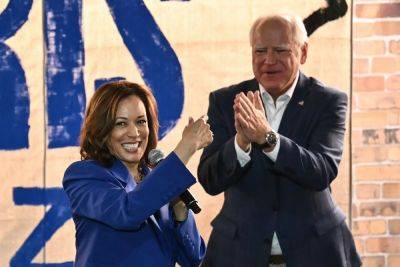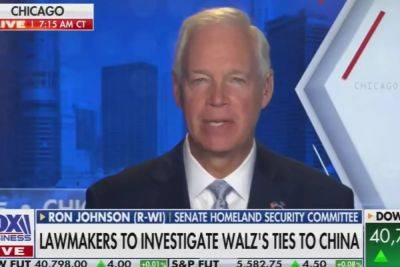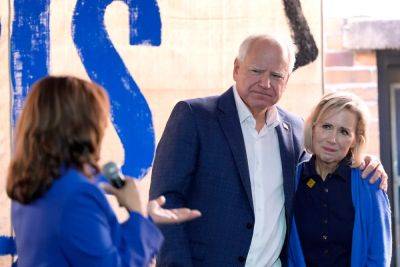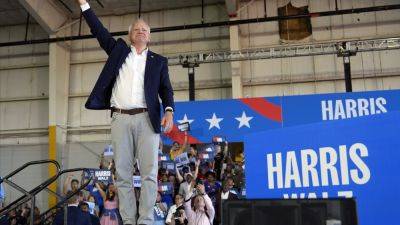Tim Walz made an impression in China, students and teachers say
BEIJING — When Vice President Harris picked Minnesota Gov. Tim Walz as her running mate on the Democratic ticket earlier this month, a Chinese woman in Western Australia, thousands of miles away, couldn't contain her excitement, shouting with joy at the news.
“When I realized that he was the Tim that [was] in my memory, I was amazed, and felt so proud of him,” Christy Dai told NPR by phone from Perth.
In 1989, a 15-year-old Dai met Walz, who became her first foreign English teacher at Foshan No. 1 Middle School in southern China. During that school year, Walz taught English and U.S. history to around 300 students, she says.
For Walz, it was an introduction to a country that he would return to about 30 times in the ensuing years, by his own reckoning — a cumulative experience that has come under a spotlight since his addition to the Democratic ticket.
But Walz’s record on China, based on the accounts of people who interacted with him on some of those trips, as well as his own words, is hard to put in a box.
At the age of 25, fresh out of college, Walz signed up for Harvard University's WorldTeach program and traveled to China, where, according to his online biography, he became part of one of the “first government sanctioned groups of American educators” to arrive after the country opened its doors to the world in the 1980s. The ’89-’90 school year started shortly after the Chinese army crushed pro-democracy protests centered on Beijing’s Tiananmen Square in June 1989.
“It was my belief at that time that diplomacy was going to happen on many levels, certainly people to people,” Walz recalled during a 2014 congressional hearing commemorating the 25th anniversary of the Tiananmen crackdown. “The opportunity to be in a







